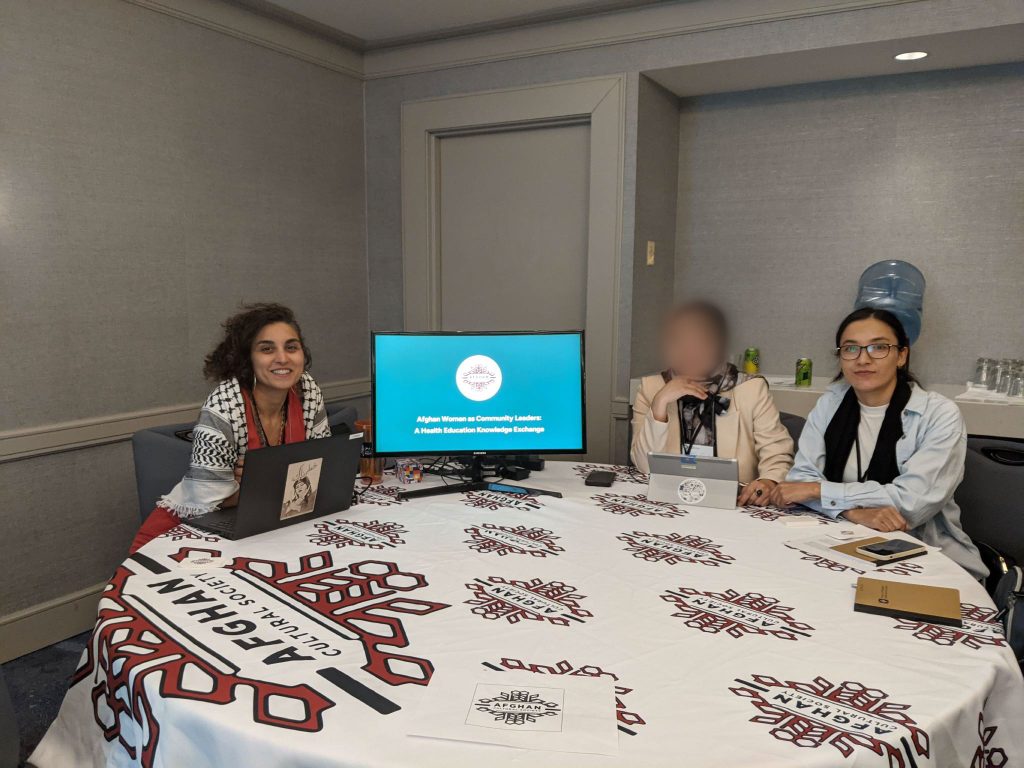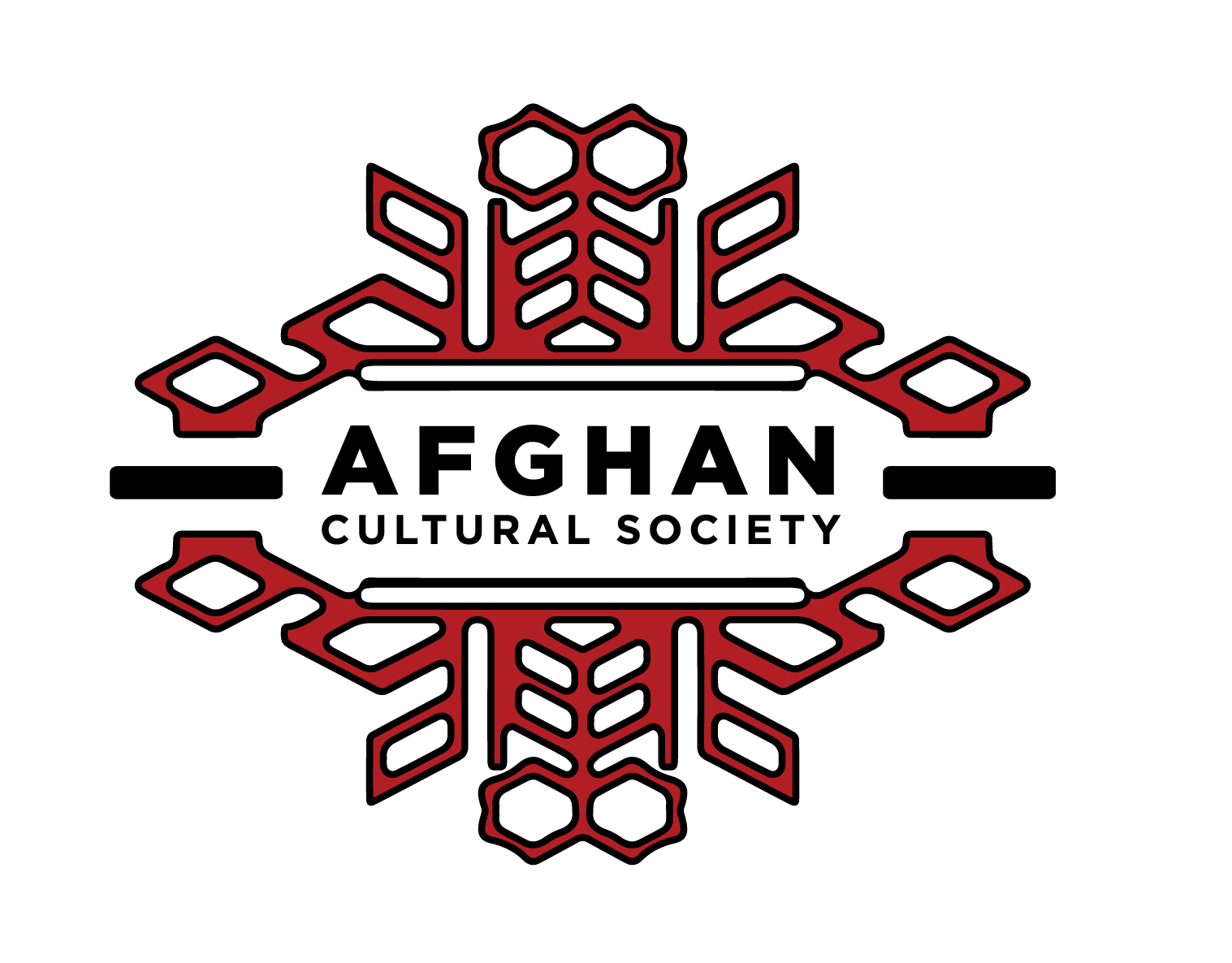ACS Team Joins Refugee Health Conference
Published on August 24th, 2024
Written by Gabe Van de Water

On Sunday, August 4th, members of Afghan Cultural Society’s mental health team attended a pre-course on Afghan Women’s Health along with many other advocates, clinicians, social workers, and public health researchers for this year’s North American Refugee Health Conference.
Attendees shared what they learned over nearly 3 years of working with Afghan arrivals on meeting their physical and mental health goals, the challenges that they dealt with, and which practices they found most successful in reducing barriers to care.
Cultural Competence v.s. Cultural Humility
Early in the day participants discussed the importance of reframing the concept of cultural “competence” towards a focus on cultural humility, as “competence” implies mastery of a discrete skill or knowledge set, a way of thinking which is ineffective when dealing with the needs of individuals within any given population. Any cultural primer an advocate or clinician could read, while helpful, is inadequate on its own in capturing the varied experiences, needs, and concerns of people who walk into a clinic or social services center. The discussion leader emphasized the need to understand the “full human story of the person in front of you” and employed the anthropological conception of ethnography, a systematic study of individual cultures that emphasizes the point of view of individual subjects in order to understand the culture at large.
Conference attendees were advised on how to conduct “Rapid Ethnographic Assessments” Often by finding ways to directly observe clients outside of clinical settings as they go about their day to day lives. Paying home visits, organizing group outings, and conducting personal interviews are all methods to get a holistic sense of what factors are impacting an individual’s health and wellness within the context of their family, community, and culture.
During the discussion, Dr. Mohammad Iqbal, a clinician at the Children’s Hospital of Philadelphia, discussed how he and his spouse, who is also a clinician, assisted Afghan women in accessing contraception. Because sexual health and family planning are sensitive topics for community members, Dr. Mohammad and his partner wanted to ensure that patients felt safe disclosing personal health concerns. First, the couple applied for a grant to host cultural events for the women. During these events, Dr. Mohammad and his spouse would make personal connections with clients, learn about their lives and families, and establish familiarity that helped the women feel comfortable discussing contraception options with the doctors during future medical appointments.
Nasreen Sajady joined the panel discussion to discuss Afghan women’s mental health. She was also joined by ACS team members Zahra Wahidy, the coordinator for the Women’s Mental Health Program, and Atefa Tavasoli,the Healthcare Navigator.
After the fall of Afghanistan in 2021, ACS began building refugee resettlement programs to support new arrivals. Pretty soon, clients began complaining to ACS team members about emotional problems, and the organization began to seek grants for mental health services. After receiving the Ethnic Community grant, ACS invited 60-70 Afghan women who had recently arrived to Minnesota to its community center for a party. During the event, they presented their idea to the group and asked what the women wanted to see in a mental health program. Women were also surveyed on their skills, wants, and needs, and incentivised to participate via incorporating classes and activities that they were interested in, such as yoga, photography, hiking, or embroidery. Soon childcare was also provided so that the program was more accessible to mothers. Since that first session, the organization has held 5 10 to 12 week rounds of Women’s Circle and worked with 75 Afghan women. ACS also offers mental health programming for men, teenagers and children..
In addition to in person programs ACS publishes a weekly newsletter in Dari, Pashto, and English that covers mental health topics in an accessible and culturally relevant way for community members.
After the conference, Nasreen, Atefa, and Marjan briefly reflected on their experiences:
“ACS was honored to be invited to share their work at the NARHC conference. It was a privilege for us to share and learn from so many bright humans dedicated to the health of refugees across the globe. We look forward to collaborating with the many refugee health advocates we connected with.”
